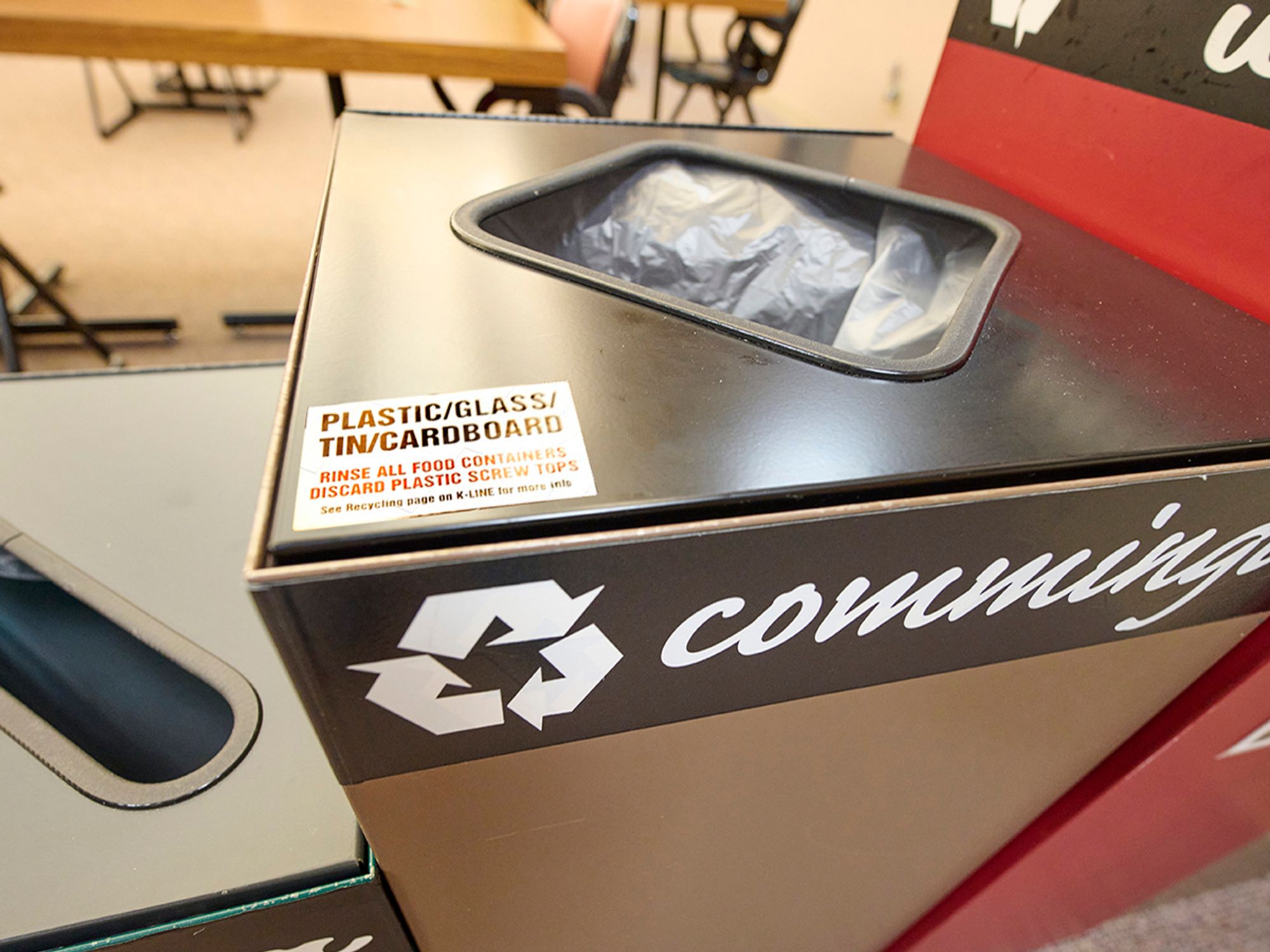What is sustainability?

- Sustainability looks at the connection between environmental considerations and social and financial effects.
The World Commission on Environment and Development defines sustainability as “meeting the needs of the present without compromising the ability of future generations to meet their own needs.”
Sustainability does not mean “no growth,” rather it considers the environmental effect of each developmental stage, whether the growth occurs on a national, local, or individual business level. Sustainability looks at the connection between environmental considerations and social and financial effects.
Additionally, sustainability is a holistic concept. It is not the same idea as “going green.” While green ideas can indeed be sustainable, they are typically only applied to the environmental or health impacts of an individual product instead of a system. Evaluating the sustainability of a system can include energy, transportation and logistics, waste and recycling, water, wastewater, and various supplies.
A sustainable business is one that includes the following qualities:
- Includes “green thinking” in the company culture;
- Removes inefficiencies;
- Lessens its impact on the environment;
- Streamlines its processes;
- Imagines and strategizes long-term;
- Evolves and transforms alongside new information in a changing world; and
- Pursues ongoing improvement.
